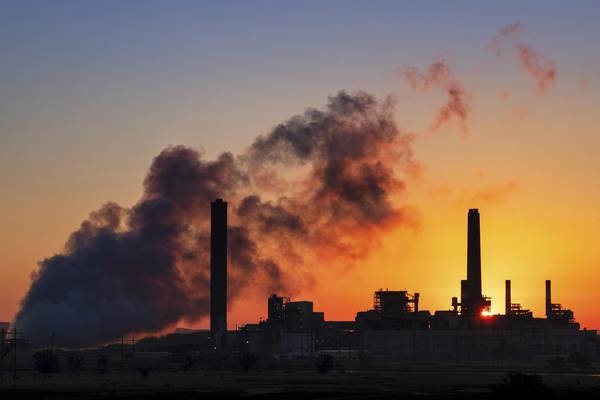Bosnia: NGOs warn of 'pollution crisis' in Tuzla
Coal caused 'over one hundred premature deaths in adults'
25 June, 14:03"What is needed is a plan how to phase out the Tuzla coal plant with interim measures to reduce coal pollution, but also upgrading the air monitoring network to identify the true magnitude of the health impacts," Vlatka Matkovic Puljic, from HEAL, said in a statement published by BankWatch. "The number of deaths could be reduced if air pollution in Tuzla improved. Strong response to air pollution is urgently needed to protect citizens' health and life," said Maida Mulić director of Public Health Institute Tuzla. Authorities are "directly responsible" for those hundred of deaths "because they are not doing anything to prevent it," Denis Zisko from the Center for Energy and Ecology told ANSA.
"We hope that something would change, not overnight, but if we increase the pressure from the general population to the authorities there are chances that they would eventually start doing their job," Zisko added. The local population is "increasingly aware about the problems that are caused by coal power plants," he addes. The long-term solution is "decarbonization," Zisko concludes, noting that also Bosnia and Herzegovina should "accept the fact that the production of energy by burning fossil fuels is a thing of the past and we have to develop as soon as possible plans for the decarbonization of the energy system and switch to renewables." The report 'Lifting the Smog' states that modelling of health impacts shows that PM2.5 pollution caused 136 premature deaths in adults in Tuzla in 2018, 17% of the total deaths of people over-30. Moreover, PM10 pollution resulted in 1,339 new cases of bronchitis in adults in the Bosnian city last year, the groups said. Preliminary results from a separate UN Environment report recently made public suggested that "air pollution is directly responsible for up to one in five premature deaths in 19 Western Balkan cities," including Tuzla. (ANSA).














